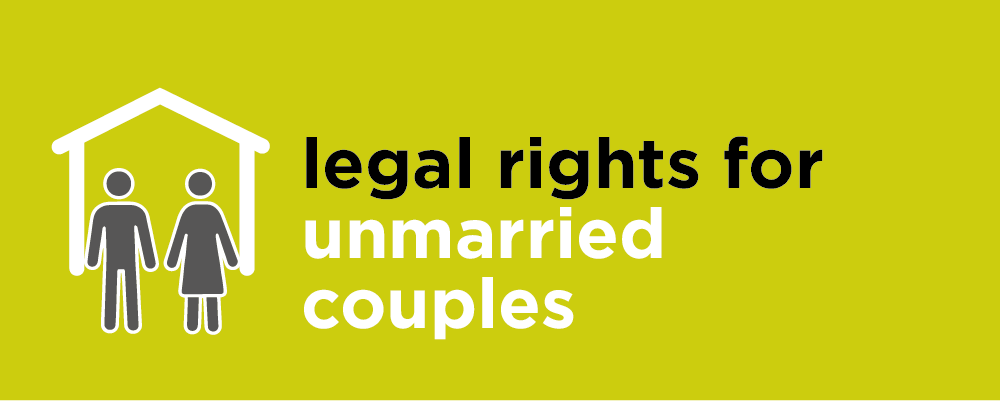- Basildon 01268244144
- Chelmsford 01245453800
- Colchester 01206217300
- London 020 4586 1280

Cohabiting couples are, all too often, unaware of the law as it applies to their relationship. Couples living together in unmarried relationships, contrary to popular belief, do not share the same legal rights and financial claims as their married counterparts.
The phrase “common law husband” or “common law wife” is often used to describe the relationship of an unmarried couple living together. However, many do not realise that common law marriage does not exist in England and Wales. Quite simply, common law marriage is a myth. Cohabiting couples do not share the same legal protection as married couples. In particular with regards to their financial rights upon the breakdown of their relationship.
Financial claims on divorce
Marriage gives couples certain legal and financial claims on divorce for a share of the capital assets, financial support by way of spousal maintenance and a share of any pension assets. No such rights automatically exist for cohabiting couples, even though they may have lived together for many years or even have children or property together.
When a married couple divorce, the family court system offers significant legal protection if the parties are unable to agree on financial arrangements amicably. If necessary, either party can make an application to the court for a financial order. In which case, the family court will have a broad and wide discretion when deciding how to divide the assets and financial resources available to the parties.
The family court can also consider several different principles when deciding how to deal with the financial arrangements on divorce. These include assessing the needs of both parties and any children, as well as principles of fairness, equality and sharing.
Financial claims for unmarried couples
Unlike their married counterparts, cohabiting couples do not have automatic claims for financial support or for a share of the assets held in the other’s name such as savings, investments, businesses, pensions, or other assets.
The law treats unmarried couples very differently. The only potential claims that may arise will be in relation to property they have shared or lived in as a couple and child maintenance.
Child maintenance for unmarried couples
If the unmarried couple has children, then the only type of financial support strictly available is child maintenance.
Couples are encouraged to agree their child maintenance arrangements themselves. However, if this is not possible, then an application can be made by either parent to the Child Maintenance Service (CMS) for an assessment.
In the first instance, they should use the child maintenance online calculator to work out an amount of maintenance for their children. This calculator shows the amount of maintenance the CMS is likely to work out if asked to make a formal assessment.
In certain cases, there may also be a claim for providing accommodation for the child and additional financial provision for the child’s benefit which would involve an application to the court under Schedule 1 of the Children Act 1989.
Property claims for cohabitees
Often, the main asset for an unmarried couple is the home they share or have shared during their cohabiting relationship.
If there is a dispute as to the ownership and division of the equity in the family home or property after a cohabiting couple separates, then an application to the civil court (not the family court) under the Trusts of Land and Appointment of Trustees Act 1996 may become necessary.
In such cases, the court will approach matters very differently to a financial application on divorce. Principles of fairness do not apply and, instead, it will be presumed that the property is held in the way it is recorded at the Land Registry. That is unless the party seeking a share of the property can provide evidence that this is not how the parties intended to hold it.
These types of cases can be extremely costly and risky. For this reason, alternative dispute resolution options should be considered including solicitor negotiation, collaborative law, mediation, and arbitration.
If you are in a cohabiting relationship, or have recently separated from your unmarried partner, and need legal advice about your position or any of the issues raised in this blog, please contact our specialist family lawyers for a free, no obligation 15 minute conversation to discuss your situation.
I am based in our Colchester office and can be contacted on 01206 217378 or shelley.cumbers@birkettlong.co.uk.



Comments